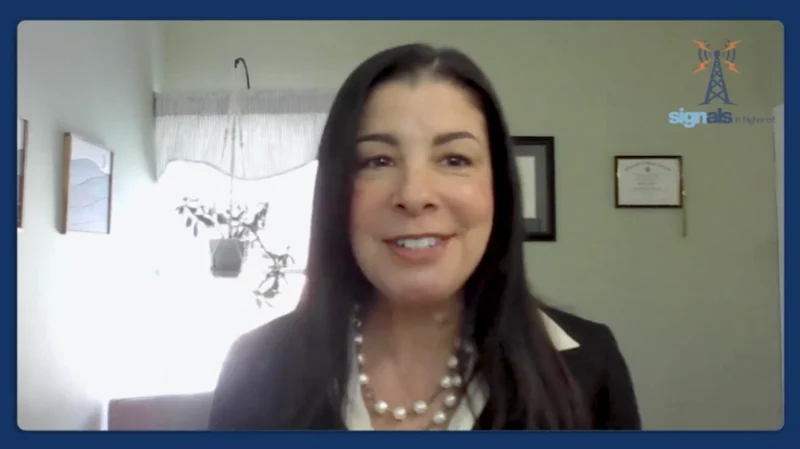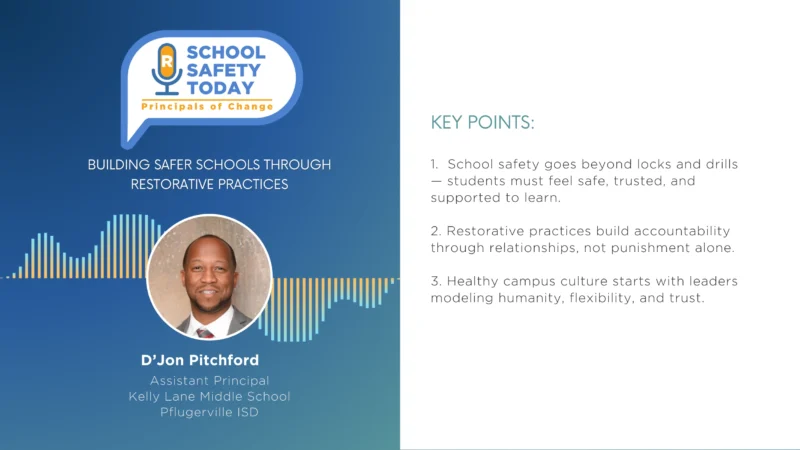Reevaluate IDRs to Ensure Equitable Student Aid and System Durability
As the burden of student loans continues to be a pressing issue for millions of Americans, the discourse around sustainable repayment options has intensified. Studies, including one by The Pew Charitable Trusts, highlight how income-driven repayment plans (IDRs), while designed to alleviate financial strain, might paradoxically lead to increased loan delinquency rates due to balance growth and the psychological impact of accruing debt. This counterintuitive outcome sparks an important conversation on the efficacy of current policies and the potential for innovative reforms.
What could be a better path forward for managing student debt, ensuring both affordability for students and sustainability for the system?
The Future of Education, hosted by Michael Horn, features Preston Cooper, a higher education policy researcher at the Foundation for Research on Equal Opportunity. This episode delves into the intricate dynamics of student loans, focusing on IDRs and alternative legislative proposals. They discuss:
- The unintended consequences of $0 monthly payments on borrower engagement and loan delinquency.
- Recent legislative moves, like the College Cost Reduction Act, aiming to align incentives between educational institutions and their students.
- The ongoing efforts by the Biden administration to expand loan forgiveness and the implications of these policies.
Preston Cooper, a senior fellow specializing in the economics of higher education, brings a wealth of knowledge from his extensive research and insightful analysis on higher education policies. His academic background and industry accolades position him as a leading thinker in the field, helping to navigate complex issues surrounding education economics.




